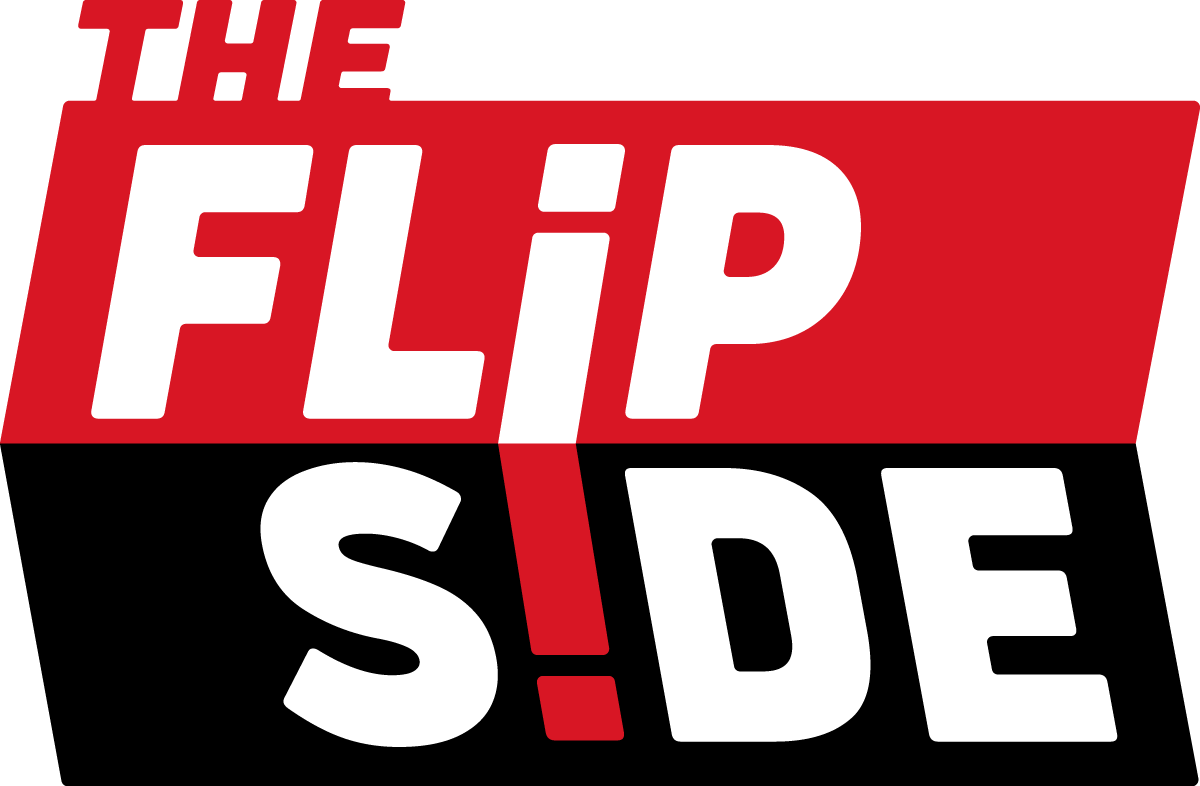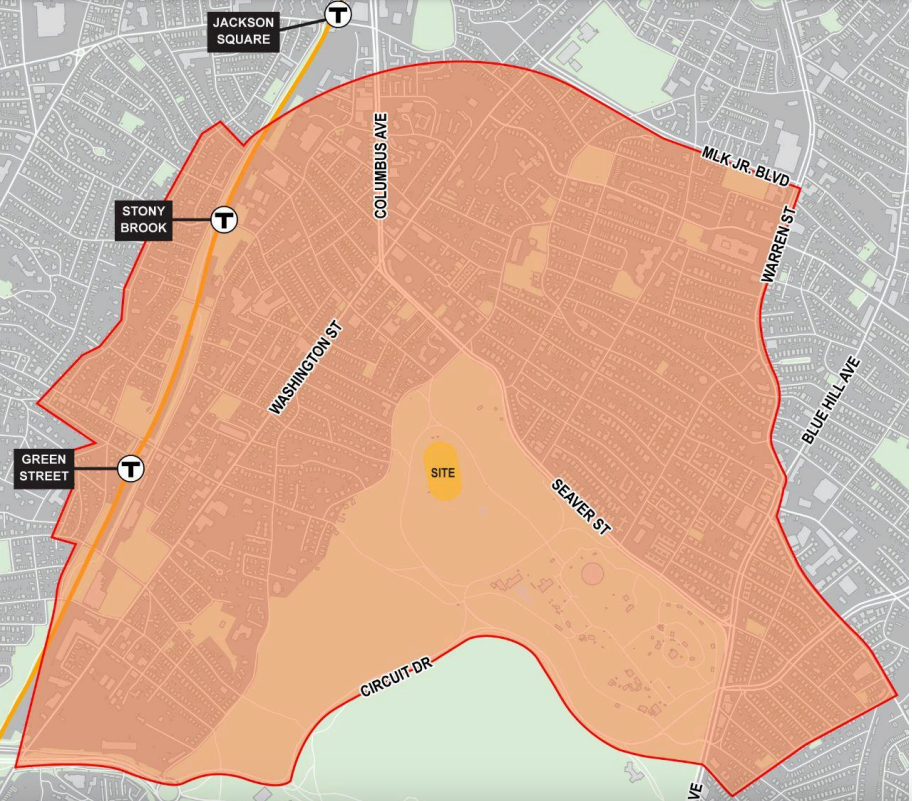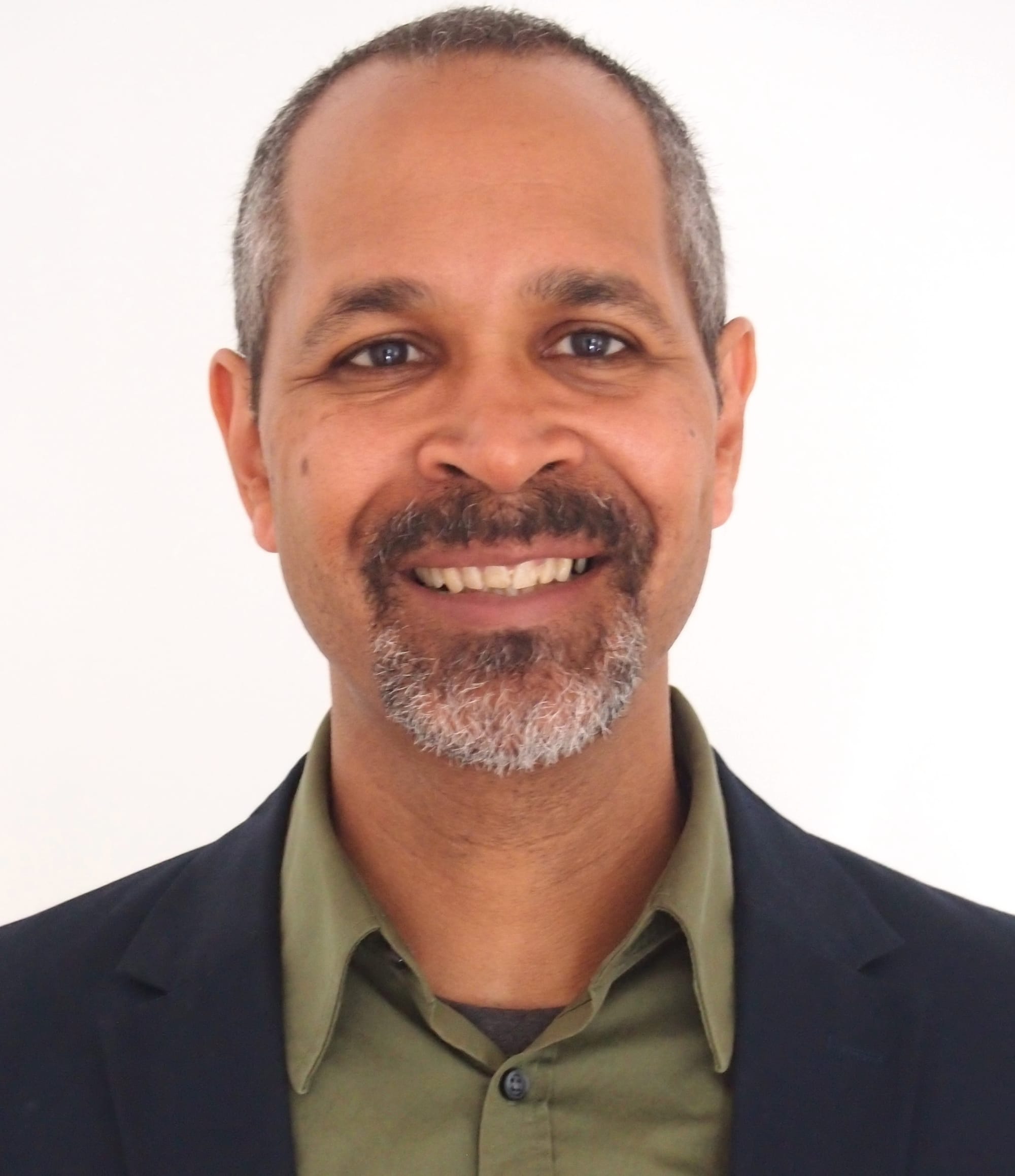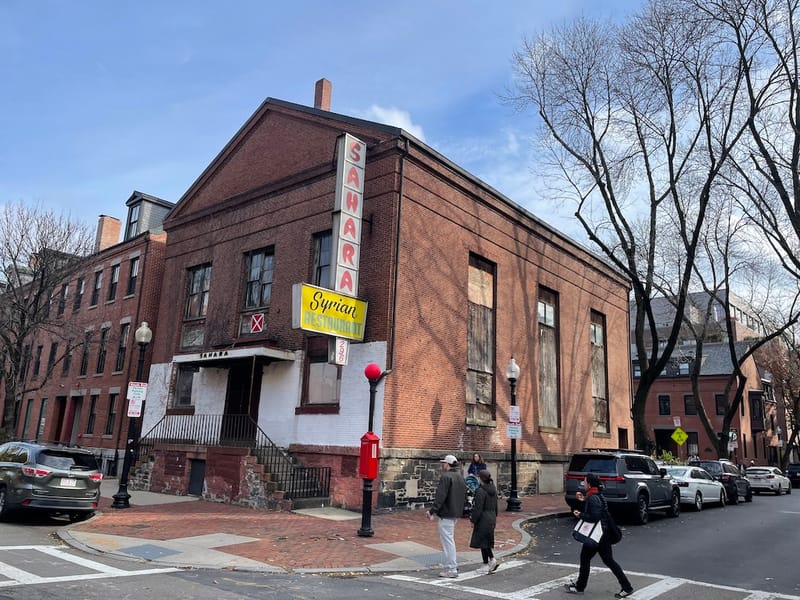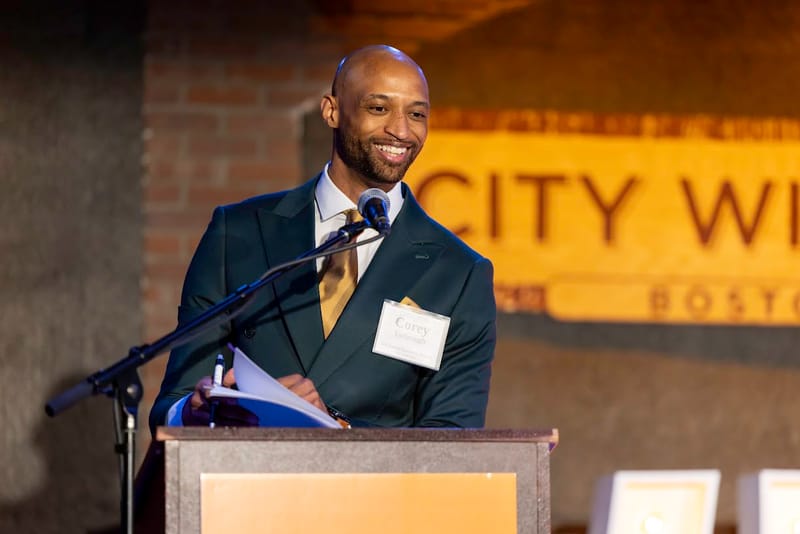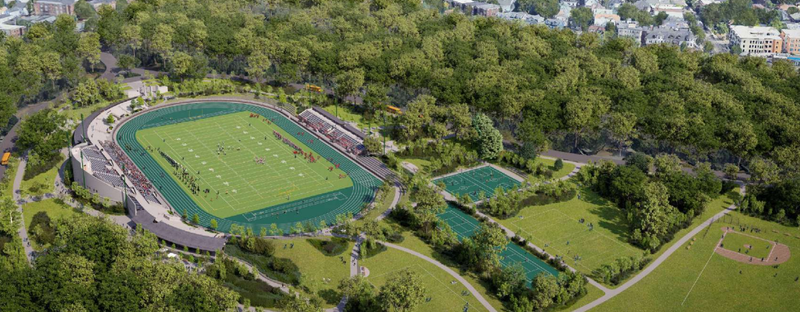City proposes permitted parking for White Stadium game days
Under a City of Boston traffic plan, game days at White Stadium will involve seven-hour parking bans in the neighborhoods surrounding Franklin Park during which non-permitted cars will receive $100 tickets and be towed.
Under a City of Boston traffic plan, game days at White Stadium will involve seven-hour parking bans in the neighborhoods surrounding Franklin Park during which non-permitted cars will receive $100 tickets and be towed.
The traffic plan, released in April, calls for the creation of a White Stadium parking district, that would roughly cover the area between Eirie and Washington Streets in Dorchester, Warren Street and Martin Luther King Boulevard in Roxbury, and follow Chestnut Ave. Atherton Street to Green Street, then follow Washington Street to Forest Hills in Jamaica Plain.
On game days, which will mostly be Fridays, Saturdays and Sundays, parking will be restricted to permit holders who live in the district from four hours before game time until one hour after games have concluded. Given the league’s 7 p.m. game times, the parking ban will likely be in effect from 3 p.m. to 10 p.m. on game days.
While residents in the district will receive parking permits from the city, they will receive just one guest pass for each address, making social gatherings on game days impossible, noted Roxbury resident Victoria Williams, who chairs the Ward 12 Democratic Committee.
“If you have a barbeque or birthday party and more than one person is coming, they can’t park,” she said.
The game day parking restrictions could also conflict with other events in the areas around Franklin Park such as church festivals, festivals at the Museum of the Center for Afro American Artists, basketball tournaments and other events in Malcolm X Park, wakes and memorial services at local funeral homes, or — in the case of weeknight games — parent-teacher conferences, community meetings or other events at the 11 schools within the city’s White Stadium parking district.
Dion Irish, chief of operations for the city, stressed that the plan city officials released is a not the final version.
“This is a draft plan,” he said. “I definitely don’t want anyone to think that this is final. We do want to hear what are the concerns or thoughts that people may have about what has been proposed.”
Irish said the city has given the team owners, Boston Unity Soccer Partners, blackout dates to reserve the park for the festivals that happen annually there. As for the festivals and events that happen within the White Stadium parking zone, Irish says the city is open to ideas from residents of that area.
“We’re trying our hardest to find solutions to problems and it’s still a work in progress,” he said. “I’m confident I will find a way to address these important concerns.”
Critics of the White Stadium plan say the deeper underlying issue is the lack of community engagement surrounding the White Stadium project. City officials did little to solicit community input before releasing a request for proposals for the redevelopment of White Stadium, but did for months have extensive conversations with Boston Unity Soccer Partners, the sole respondents to the RFP.
“Since day one, I have emphasized the importance of community input and transparency in the White Stadium project,” said state Rep. Christopher Worrell, who’s Hewins Street address is within the proposed no parking zone. “This is most critical when it comes to transportation and parking, because these are two areas that will most directly impact the surrounding neighborhoods.”
Within the city’s proposed White Stadium parking zone are two Boston Public Library branches, more than a dozen churches, a mosque, several public parks and playgrounds as well as restaurants, laundromats, drug stores, barber shops and other businesses that rely to varying degrees on auto traffic and on-street parking.
There appears to be a lot the city has yet to work out. How will home health aides who visit elderly residents know when there’s a game day and parking is restricted? How will local businesses accommodate customers without on-street parking when the city is planning to enforce a parking ban with $100 tickets and towing?
“Our streets our filled with cars from people who patronize the businesses in Egleston Square,” noted Renee Stacey Welch, who was a plaintiff in a lawsuit against the city and Boston Unity Soccer Players that sought, unsuccessfully, to stop the project from moving forward.
While city neighborhoods such as the Fenway and the West End contend with parking issues during sports games, White Stadium presents a different level of challenge, as there are no large public parking facilities in the area and the stadium is surrounded by narrow residential streets.
The city’s proposal calls for satellite parking areas — yet to be identified — and shuttle buses that would bring spectators to the stadium from such parking areas and MBTA stations. The plan calls for a maximum of 145 shuttle bus trips to the 12,000-seat stadium. Shuttle buses will access the park via Circuit Drive or access the Walnut Avenue entrance to the park via Columbus Avenue.
Ride share drivers will be able to drop passengers at the entrance to the park at Humboldt Avenue and Seaver Street.
Victoria Williams says city officials should at bare minimum conduct a traffic study for the area, given the planned parking ban, a state plan to convert the Shattuck hospital into a housing and treatment facilities for people with substance misuse disorders and the proposed redesign of Blue Hill Avenue that would reduce auto traffic on the thoroughfare to one lane in sections.
“I believe the community deserves a comprehensive transportation study of the entire area, inclusive of how people who live here currently travel, what streets actually want permitted parking and what streets don’t,” she said. “I think we’re entitled to that.”
Rep. Worrell says he is keeping an eye on the city’s plans.
“The continuing needs of the community and its resident must always come before all else, which is why I will continue to demand detailed plans put in place that reflect neighborhood input,” he said. “Plain and simple: if something isn’t working, then it needs to be changed before the next time the stadium is used.”
Erratum: An earlier version of this story misstated that the city's plan called for 40 shuttle bus trips to the stadium on game days. The actual figure is 145.

